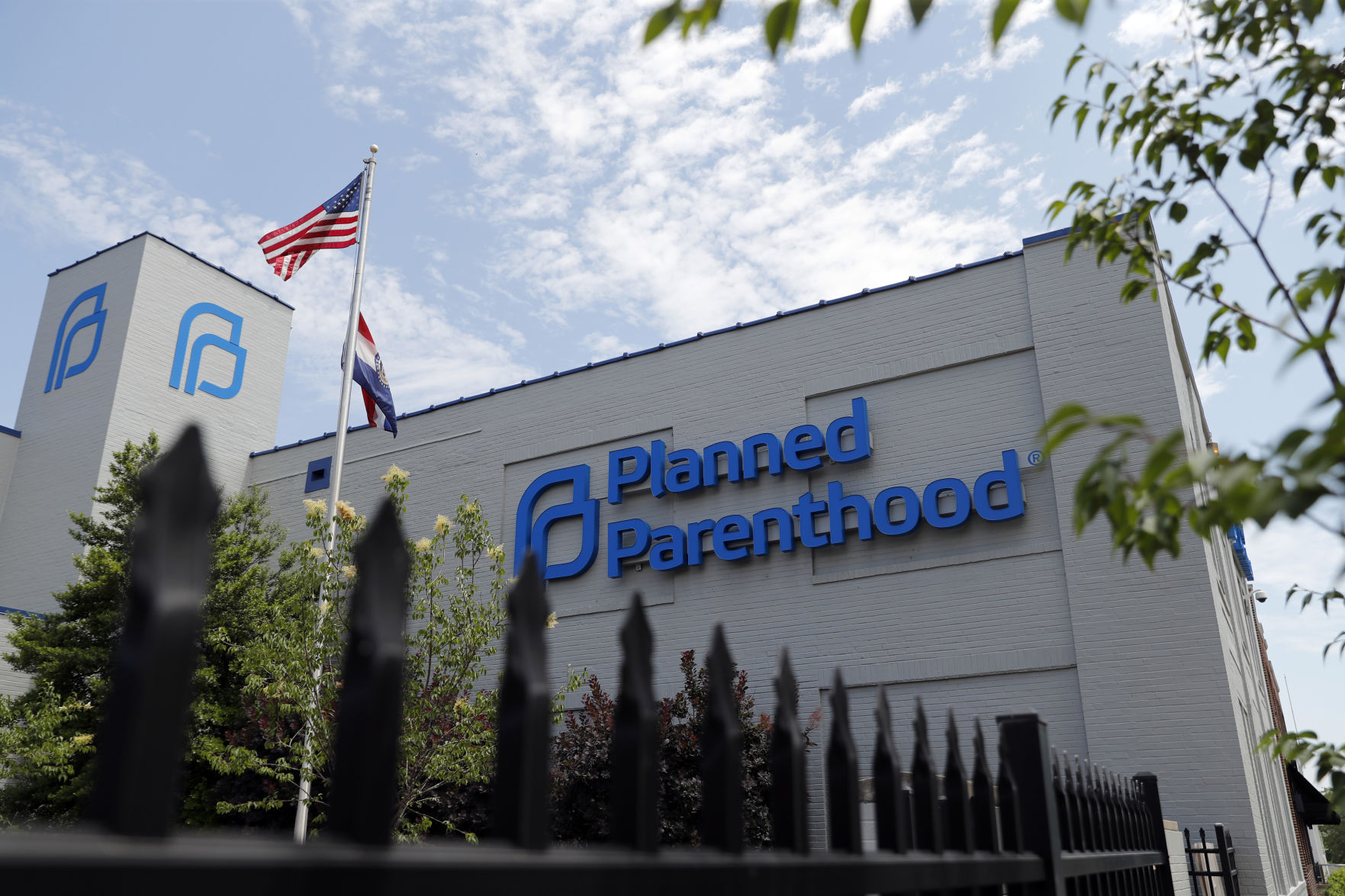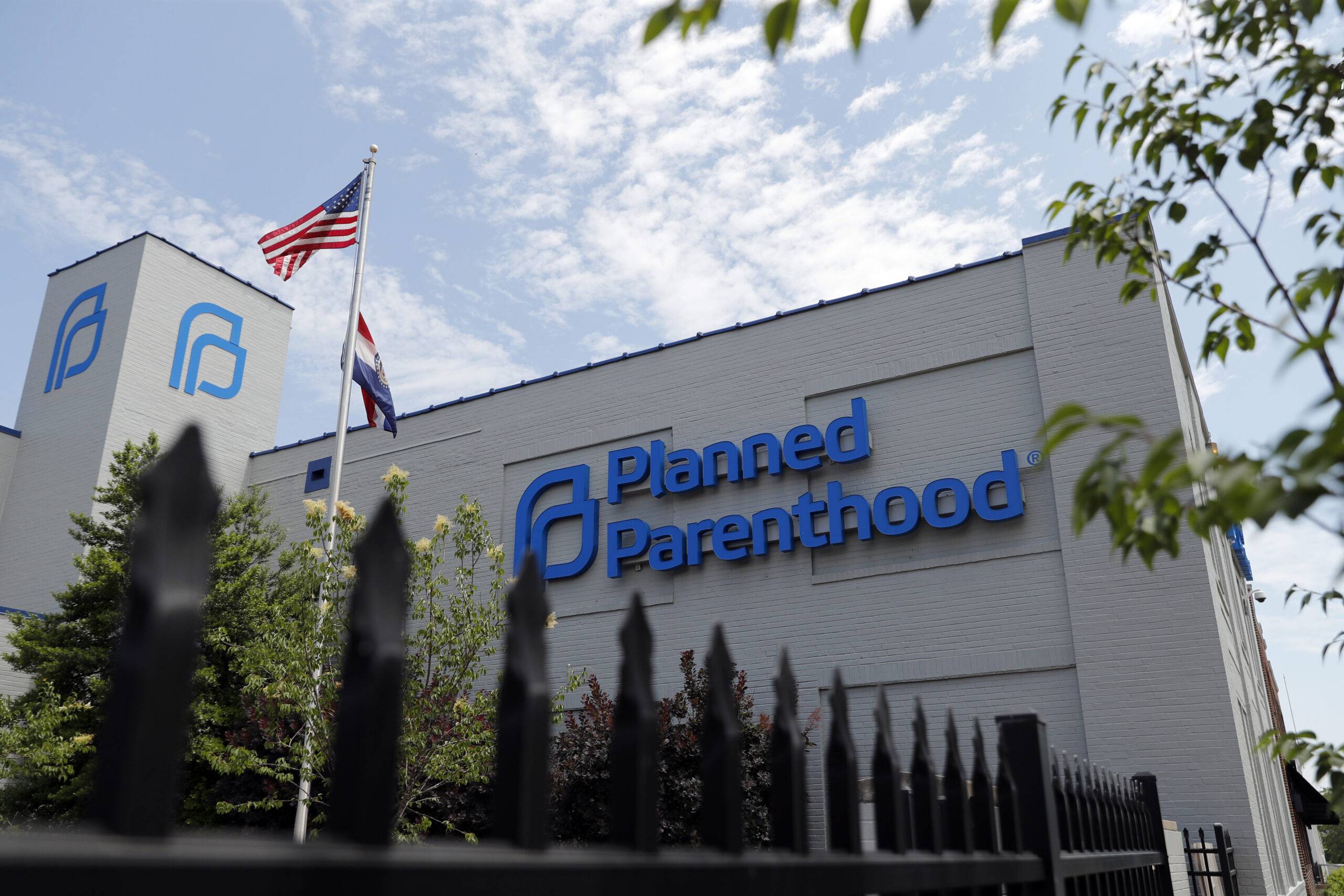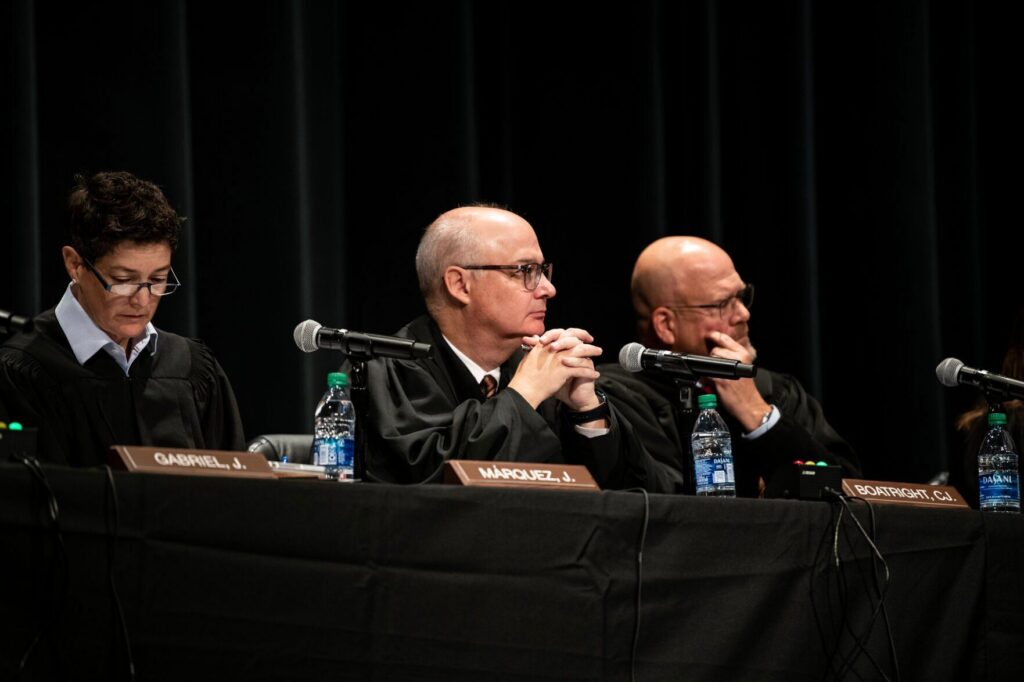Colorado appeals court finds no error in handling of Planned Parenthood mass shooting lawsuit

Colorado’s second-highest court on Thursday determined a trial judge did not unfairly limit the types of evidence jurors could hear when they rendered a verdict that Planned Parenthood of the Rocky Mountains was not liable for a 2015 mass shooting at its Colorado Springs clinic.
In 2021, a Denver jury decided Planned Parenthood did not know about, nor should it have foreseen, the danger of a shooting rampage at its clinic. Further, any failure by Planned Parenthood to take precautions did not cause the injuries of plaintiffs who were either wounded or lost family members in the shooting.
The plaintiffs then appealed, arguing Chief Judge Christopher J. Baumann wrongly prevented them from introducing evidence of widespread threats against abortion clinics in the lead-up to the shooting and evidence that Planned Parenthood actually installed additional security features afterward. Such details, they argued, would have shown a mass murder was foreseeable to the organization.
Not so, concluded a three-judge panel of the Court of Appeals.
“(E)ven if plaintiffs had been able to present sufficient evidence of foreseeability to lead the jury to answer ‘yes’,” wrote Judge JoAnn L. Vogt in the July 27 opinion, “that evidence would not have affected the jury’s conclusion that PPRM’s conduct was not the cause of plaintiffs’ injuries.”
Case: Wagner v. Rocky Mountain Planned Parenthood, Inc.
Decided: July 27, 2023
Jurisdiction: Denver
Ruling: 3-0
Judges: JoAnn L. Vogt (author)
Jerry N. Jones
Katharine E. Lum
Background: At Planned Parenthood shooting commemoration, hope for a new chapter at Colorado Capitol
On Nov. 27, 2015, a man killed three people and wounded nine others at Planned Parenthood’s Colorado Springs facility. His motivation, at least in part, stemmed from a series of videos misleadingly edited to suggest Planned Parenthood was selling fetal parts. The defendant’s federal and state criminal cases are on hold, as he is not competent to stand trial.
A group of plaintiffs, who were injured or lost family members in the massacre, brought a civil lawsuit against Planned Parenthood. They argued that the history of violence against abortion clinics – including an increase in death threats – made it foreseeable a shooting would happen at the facility. Therefore, Planned Parenthood had a duty to protect them, yet failed to do so by not having fencing, locked doors, full-time security and other preventive measures.
Originally, then-Denver District Court Judge Elizabeth A. Starrs sided with Planned Parenthood, finding the organization had no notice that violence of any kind was imminent in Colorado Springs. In any event, Planned Parenthood’s alleged failings were an “infinitesimal” source of injury compared to the shooter’s actions.
The plaintiffs appealed and the Court of Appeals reversed Starrs’ decision. The Colorado Supreme Court upheld that ruling and reinstated the lawsuit in 2020. The evidence, wrote Justice Richard L. Gabriel in the 4-3 decision, could lead a jury to find that Planned Parenthood knew about the increased threat level against abortion clinics, and its failure to take precautions contributed to the plaintiffs’ injuries.
When the case returned to the trial court, the plaintiffs asked Baumann, who had since taken over, to reconsider an early ruling from Starrs that limited evidence about the foreseeability of a shooting to specifically the Colorado Springs location, and not to abortion clinics more broadly. They noted the appellate courts had referenced Planned Parenthood “facilities,” and not just the one at the heart of the lawsuit.
Baumann acknowledged he “struggled with this issue,” but ultimately declined to change the parameters of the case.
“If the appellate courts wanted this Court to do as much they would have said as much,” he wrote. He also generally barred evidence that Planned Parenthood had installed preventive measures after the shooting. Baumann reasoned that Planned Parenthood was not claiming such precautions were infeasible, just that they would not have stopped the shooting.
After the verdict, the plaintiffs challenged Baumann’s decisions about the evidence.
“We’re asking the court today to allow plaintiffs to present to a jury the same evidence that this court and the Supreme Court held was relevant and material to their claims, and that they were entitled to present to a jury,” attorney Ronald L. Wilcox told the appellate panel earlier this month.
Kevin C. Paul, the lawyer for Planned Parenthood, countered that jurors had, in fact, seen some evidence of the threats against abortion clinics leading up to the shooting, and they still found the organization not liable.
“It is simply wrong to suggest that Judge Baumann forbade the plaintiffs from trying their case. He managed the case,” Paul said. “And he did so with the knowledge that it is a district court’s obligation to try a fair case, not a perfect case.”
The Court of Appeals agreed and upheld the outcome of the case.
The case is Wagner et al. v. Rocky Mountain Planned Parenthood, Inc.














